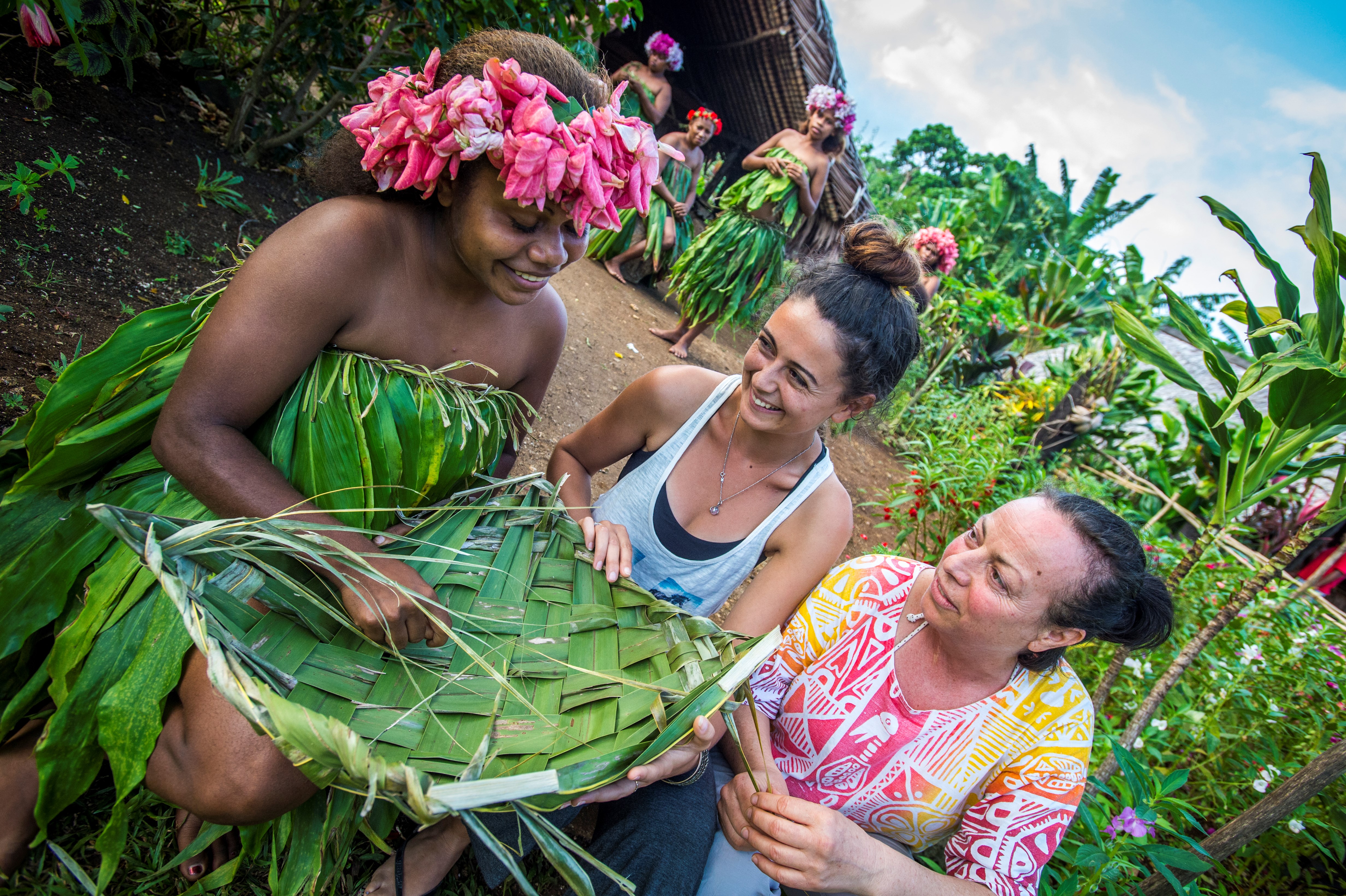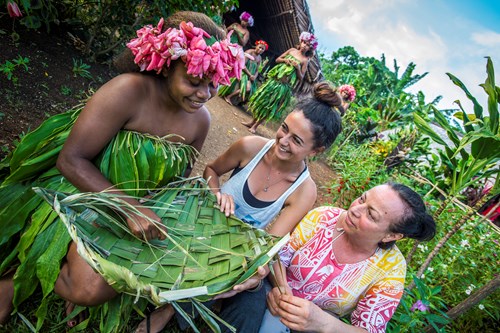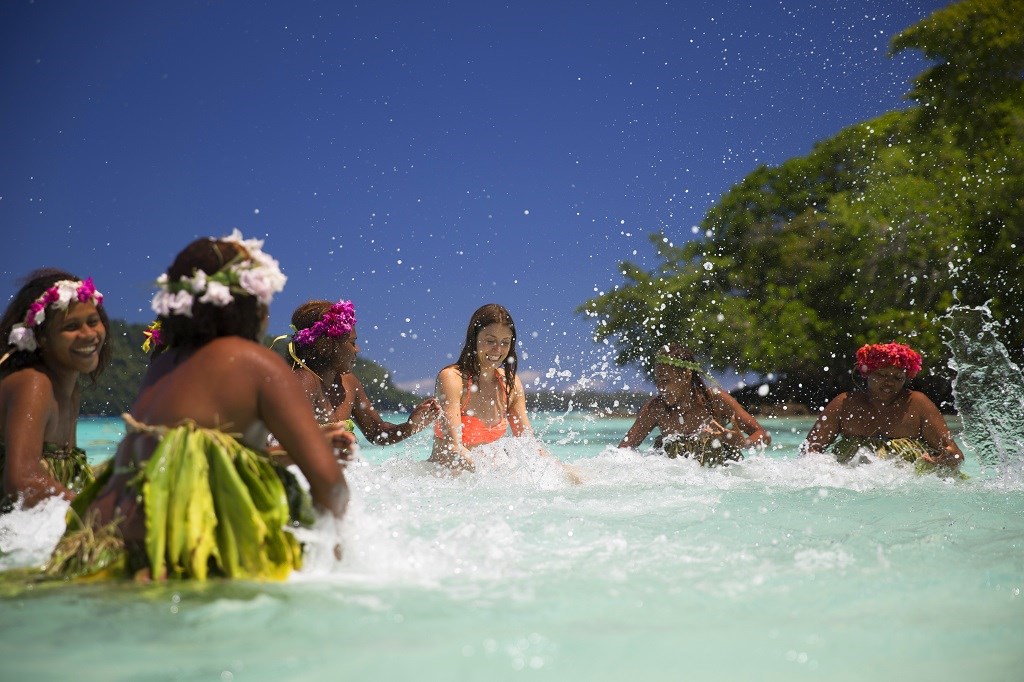Vanuatu: Filled with Natural Wonders & Cultural Delights
You’d be forgiven for thinking that Vanuatu is just another island paradise. Sure, it has its fair share of palm-lined beaches, reefs abundant in colourful corals and small unsullied islands covered in swathes of lush forest. All of which are nothing short of spectacular but what might not be immediately evident is its wealth of cultural diversity and unique historical identity.

Vanuatu Islands consists of 83 islands that form a Y-shaped chain in the south-west Pacific. The approximate Vanuatu population is 282,117, called Ni-Vanuatu. The official languages of Vanuatu are Bislama, English and French, however, you might be surprised to find out that there are 115 mother tongues that are in common use. This makes Vanuatu one of the most culturally diverse countries in the world with the highest concentration of different languages spoken in a region.
The Magnificent Cultural Diaspora of Vanuatu
Here you’ll find languages interwoven with local rituals. Traditions and customs are faithfully passed down from generation to generation, and dance and physical mastery all merge together to create a rich tapestry of culture. The remarkable amount of cultural diversity that can be found in Vanuatu is a result of over 3000 years of sporadic immigration from surrounding Pacific nations. Over centuries, successive waves of immigrants made landfall and called this remote archipelago home. Each bringing with them different approaches to systems of authority, status, animal and crop husbandry, dance and ceremonial rituals. Vanuatu is home to a largely Melanesian diaspora which is represented in the cultural traditions and languages that vary from district to district and island to island.
An Unlikely Participant in World War II
At the height of the conflict during the Second World War, Vanuatu found itself reluctantly at the heart of the battle waging in the Pacific. Known as New Hebrides at the time, the island nation was under the joint administration of the French and British. This was particularly vexing as they had a government which was technically at war with itself, as well as the threat of the encroaching Imperial Japanese Army gaining a foothold in the region looming over them. In 1942 American forces arrived to counter the Japanese advance, building bases, infrastructure and hospitals on the main islands of Efate and Espiritu Santo. Remnants of war remain, with the most notable being found submerged on the bottom of the ocean, the S.S. Coolidge. What once was the largest American merchant ship ever built is now an artificial reef that teems with ocean life. So much so, that it is recognised as a world-class diving site, making Vanuatu a dream destination for wreck divers.
Experience Authentic Island Life First Hand
Vanuatu gained independence form the British and French in 1980. Today it is a thriving nation endowed with spectacular natural and cultural heritage. There’s no place on earth quite like it. Its location is second to none, with a balmy climate that leaves you no choice but to make the most of the idyllic scenery that surrounds you. Vanuatu offers visitors a chance to immerse themselves in a range of unique cultural experiences and outdoor adventure activities. Whether you’re watching a mesmerising dance at a traditional ceremony, exploring world-class wreck diving sites or simply soaking up the sun on one of its many picture-perfect beaches, Vanuatu is sure to captivate you.













